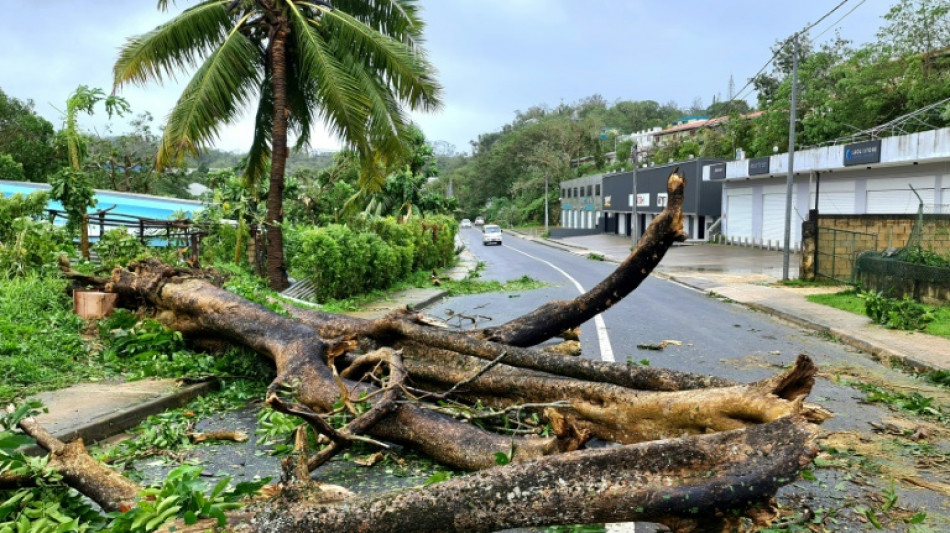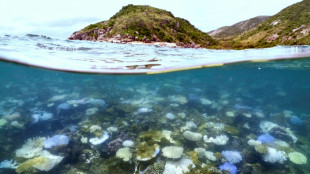

UN adopts landmark resolution on climate justice
The UN General Assembly on Wednesday adopted by consensus and to cheers a resolution calling for the world body's top court to outline legal obligations related to climate change.
Pushed for years by Vanuatu and Pacific islander youth, the measure asks the International Court of Justice (ICJ) to lay out nations' obligations for protecting Earth's climate, and the legal consequences they face if they don't.
"Together, you are making history," UN Secretary-General Antonio Guterres said, emphasizing that even if non-binding, an opinion from the International Court of Justice "would assist the General Assembly, the UN and member states to take the bolder and stronger climate action that our world so desperately needs."
The resolution, ultimately co-sponsored by more than 130 member states, had been widely expected to pass.
The adoption sends "a loud and clear message not only around the world, but far into the future," Vanuatu's Prime Minister Ishmael Kalsakau told the assembly.
The resolution asks the ICJ to clarify the "obligations of States under international law to ensure the protection of the climate system."
Kalsakau, whose archipelago nation was ravaged by two cyclones over the course of just a few days, emphasized that member states had "decided to leave aside differences and work together to tackle the defining challenge of our times, climate change."
The government of Vanuatu started lobbying for the climate resolution in 2021, after a campaign initiated by a group of students from a university in Fiji in 2019.
A week ago, the UN's panel of climate experts (IPCC) warned that global average temperatures could reach 1.5 C above the pre-industrial era by as early as 2030-2035, underlining the need for drastic action this decade.
While nations have no legal obligation under the 2015 Paris Agreement to meet emission reduction targets, backers of the new climate resolution hope other instruments, such as the Universal Declaration of Human Rights or the UN Convention on the Law of the Sea, could offer some pathways for enforcement.
ICJ opinions are not binding, but they carry significant legal and moral weight, and are often taken into account by national courts.
The adoption marked an emotional moment for the Pacific youth who spearheaded the initiative.
"This was an opportunity to do something bigger than ourselves, bigger than our fears, something important for our future," said Cynthia Houniuhi, president of the group Pacific Islands Students Fighting Climate Change.
E.Molitor--LiLuX



